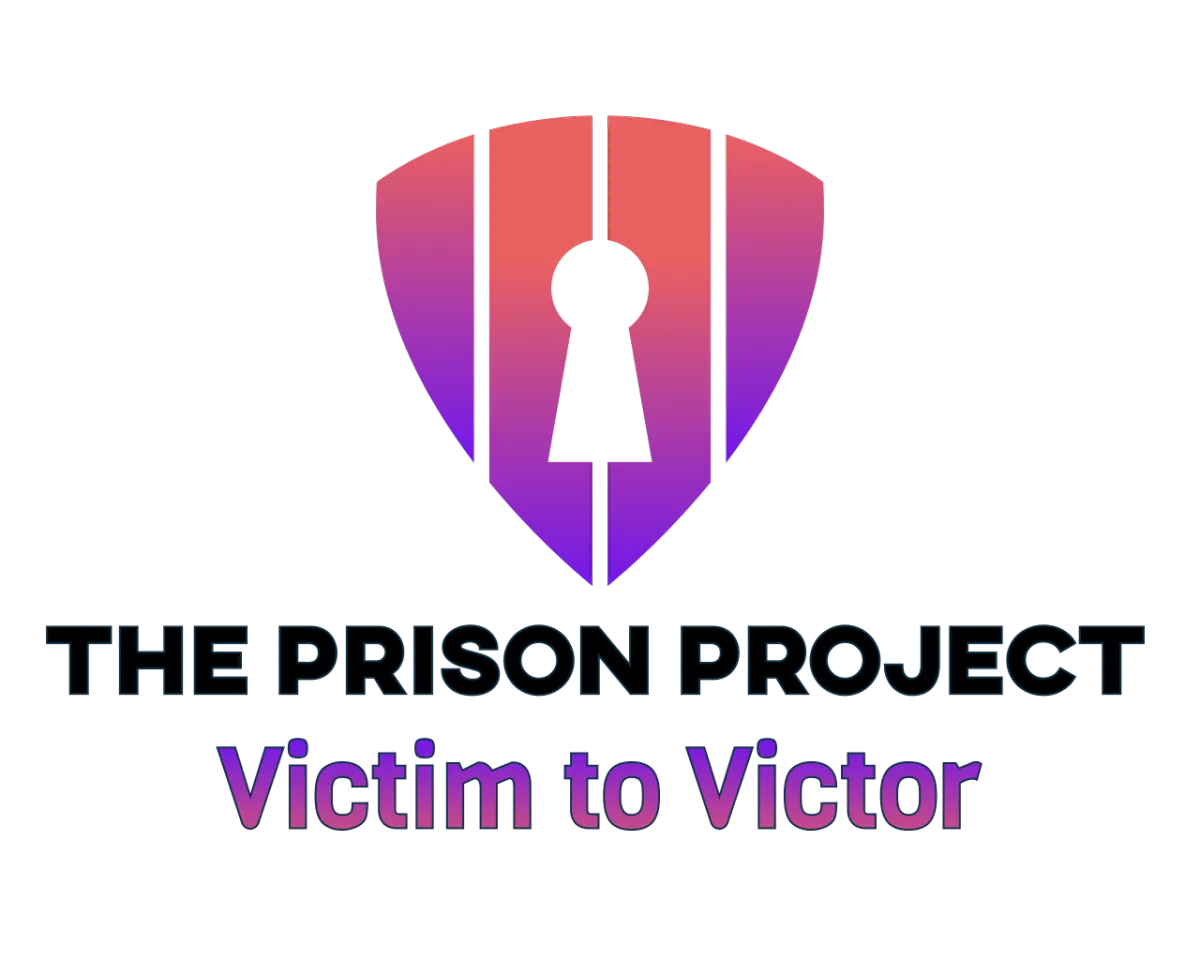IT IS THE MOMENT OF DECISION
THAT SHAPES YOUR DESTINY
You are one decision away from your path to achieving a life of:
SPIRITUALITY
SERVICE
SUCCESS
SIGNIFICANCE
"Life coaching is all about gently guiding clients to become the best version of themselves;
helping them stay on track for their goals, championing their success through listening and encouraging their ambitions."
-- Jay Shetty
Meet the Creators/Authors/Founders
A Note for Jesse and Rene'e
Dear Ones,
If you miss the JOY, you miss it ALL!
Life is an absolute joy when you live your destiny.
Life is a joy when you step into your true purpose--and awake each morning and BOUND out of bed to greet the day with gratitude, fortitude, and an unrelenting determination to stretch and become...... NO MATTER WHAT!
Life is a joy when you bless others through your expertise and experience.
Life is a joy when you have the resilience and resources to meet life’s challenges and adversity head on with what we at New View Concepts call, “response-ability.”
We are a spiritually-centered company. God is always in the mix. We believe you are here today because He had a hand in directing you to us. Please vet us. Know who we are, what we stand for, and where we are headed as a company. We want you to know we honor who YOU are, what you stand for, and where you are headed with this company.
The journey you are on is sacred. We don't take helping you to prepare for your future lightly. We will listen to your objectives and help you live your dreams.
So buckle up. Whether you are here to BECOME A COACH, or here to HIRE A COACH...the windows are opening, dear one, and the rainbow is just around the corner. Enjoy these sacred Moments in Time, and TRUST THE PROCESS...
Because… BEING better is better than just feeling better.™
GOD BLESS YOUR JOURNEY.

The two most important days of your life:
1. THE DAY YOU WERE BORN.
2. THE DAY YOU FIND OUT WHY!
IT'S YOUR TIME!
Change begins the moment you DECIDE to change.
CHOOSE TO
START TODAY!
Want to dive deeper?!
Not ready to make the jump, but interested to learn more? We've got you covered! Fill out the form and let us know what additional information we can send.
Keep up to date!
To be notified of upcoming events, blog posts, new courses, scholarships available, and special offers, please register your email. Opt out at any time. We do not share your private information.
Please accept our FREE GIFT!
As a token of our appreciation for your interest in the GO Broken to Beautiful or Badass Program and our coaching program through New View Concepts, we are delighted to present you with a special gift: a FREE Calendar Quote Book (PDF).

This thoughtfully curated collection reinforces the lessons learned in our GB2B/BA courses and is designed to inspire and guide you throughout the year.
By providing my contact information, I agree to receive emails and text messages from New View Concepts. We do not share your contact information and you are free to unsubscribe at anytime.
We will send the requested information to the email listed above!
New View Concepts proudly sponsors the
Go Broken to Beautiful Foundation
and its transformative initiative, The Prison Project.

This vital partnership reflects our commitment to fostering positive change and supporting those on a path to healing and empowerment.
Through education and coaching, we aim to uplift lives and assist in breaking the cycle of recidivism, offering hope and new beginnings to those impacted by incarceration.

"When you have found the JOY,
you have found it all."
